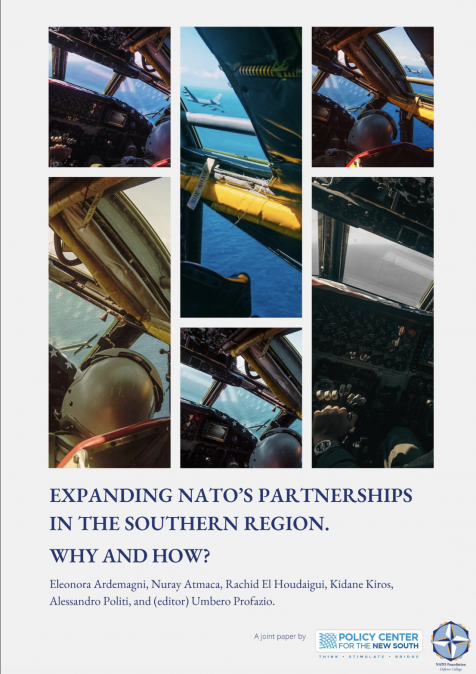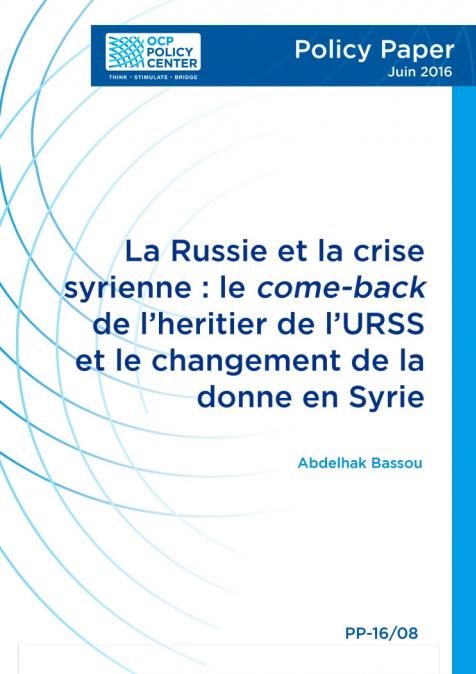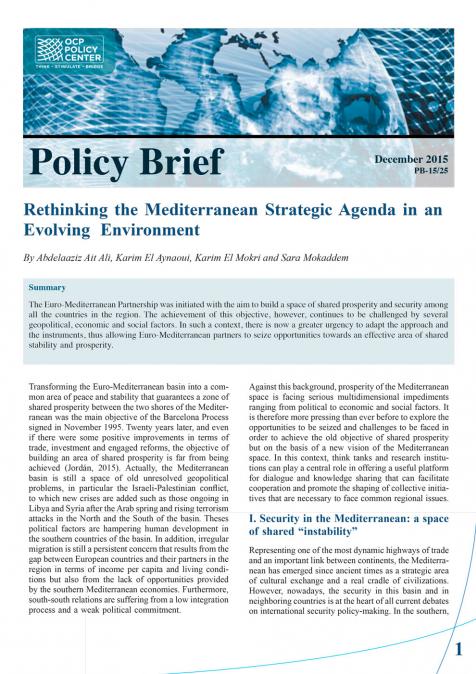Publications /
Policy Paper
Policy Paper
Expanding NATO’s Partnerships in the Southern Region. Why and How?
October 18, 2021
In the last few months, the global order has been going through some fundamental changes which are affecting the competition between the great powers and have a direct impact on their relations with regional partners. Emerging challenges such as the climate change, cyberwarfare and artificial intelligence, hybrid warfare and non-state actors are shaping a new world that is profoundly different compared to the post-9/11 era, where the war on terrorism opened the gates to what have been successfully described as ‘forever wars’, which have forced the US and its allies to be engaged in the greater Middle East indefinitely.









